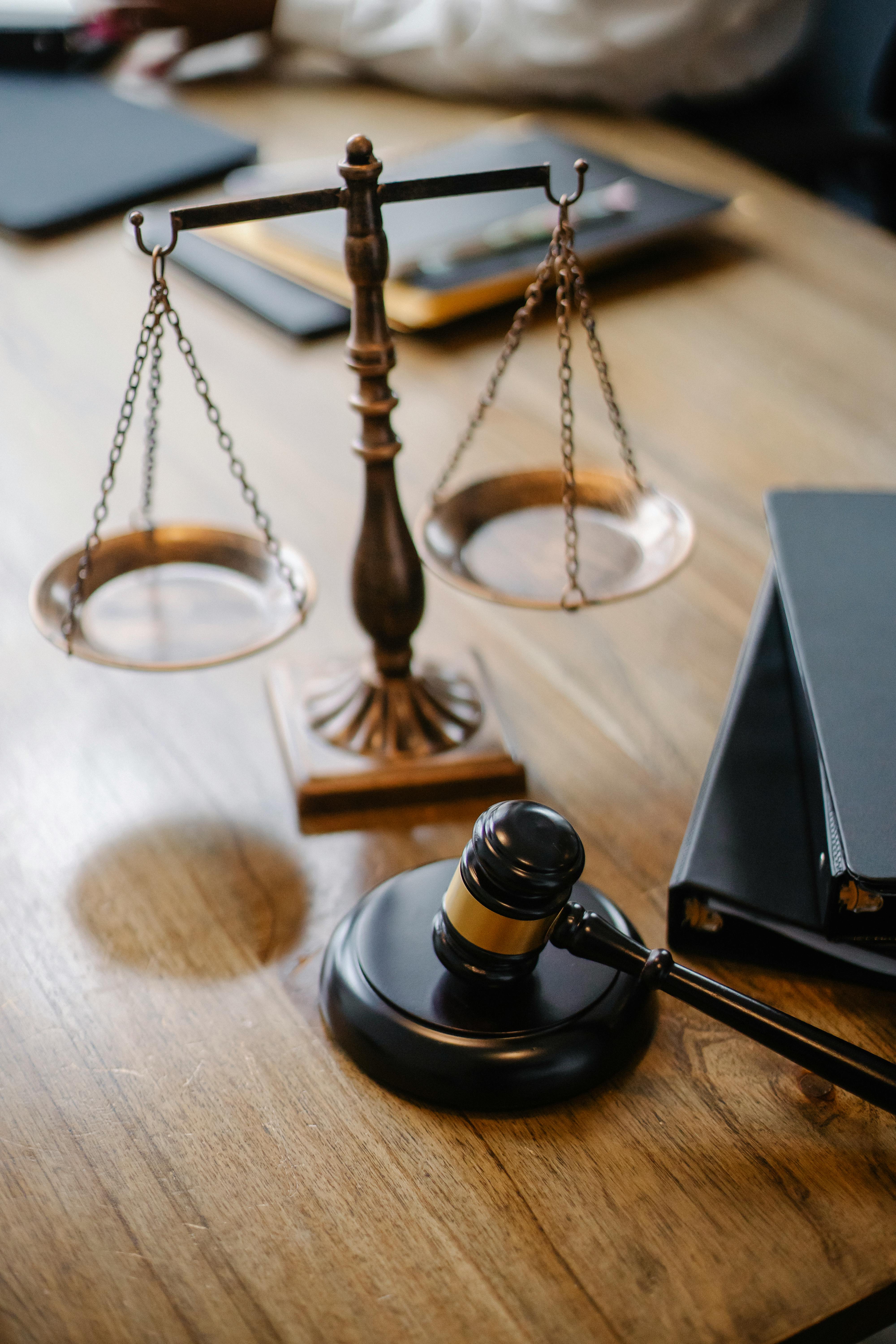"Decoding the Dynamics of Jury Nullification: A Legal Anomaly"
Introduction: Step into the intriguing world of jury nullification, a legal concept that challenges the conventional understanding of justice and the law. This article dives deep into the historical origins, current legal perspectives, and societal implications of this often-controversial practice.

The Historical Context of Jury Nullification
Jury nullification traces its roots back to the 17th century during England’s tumultuous political period. This era saw the landmark trial of William Penn, a Quaker, for unlawful assembly in 1670. The jury refused to convict Penn despite his clear violation of the Conventicle Act, setting a precedent for jurors to act on their conscience rather than the letter of the law. This early instance of jury nullification was a powerful expression of the jury’s role as the people’s shield against arbitrary government action.
Jury Nullification in Modern Legal Discourse
Today, jury nullification remains a contentious issue within the legal community. Some legal scholars view it as a crucial mechanism that empowers citizens to resist unjust laws. Others, however, see it as a threat to the rule of law, giving non-experts a disproportionate influence over legal outcomes. This division of opinion is reflected in the inconsistent treatment of jury nullification across different jurisdictions, with some explicitly allowing it while others strictly prohibit it.
The Social and Political Implications of Jury Nullification
Beyond the courtroom, jury nullification carries profound societal and political implications. It serves as a barometer of public sentiment towards existing laws, often acting as a catalyst for legislative changes. Notable examples include the Prohibition era and the Vietnam War protests, where recurring instances of jury nullification signaled widespread public dissent and contributed to policy reversals. However, this practice also raises concerns about potential misuse, such as promoting biases and undermining legal consistency.
Jury Nullification: A Tool for Justice or Anarchy?
The debate on jury nullification centers around its potential as a tool for justice versus its risk of promoting anarchy. Advocates argue that it enables ordinary citizens to participate actively in the justice system, providing a check on governmental power. Critics, on the other hand, warn that unchecked jury nullification may lead to a chaotic legal system, where outcomes are determined more by personal beliefs than by objective legal standards.
The Future of Jury Nullification: Balancing Democracy and Rule of Law
Looking ahead, the challenge lies in finding a balance between preserving the democratic essence of jury nullification and maintaining the integrity of the legal system. This delicate balance requires nuanced legal reforms, comprehensive juror education, and robust judicial oversight. Only by addressing these complexities can we harness the potential of jury nullification while mitigating its risks.
Jury nullification is a fascinating anomaly within the legal sphere that embodies the tension between individual conscience and collective rule of law. As we continue to grapple with its role in our justice system, it serves as a stark reminder of the ongoing dialogue between democracy and law, a dialogue that shapes the contours of our society.




